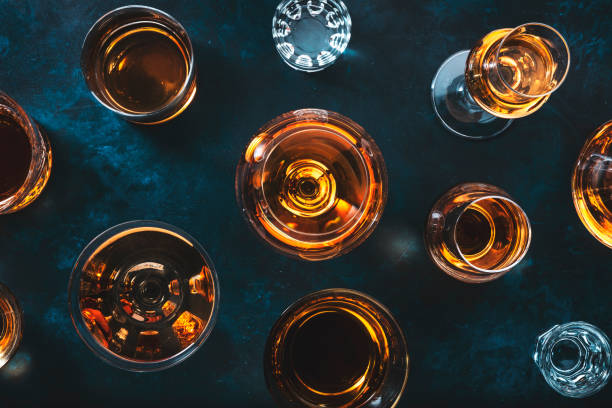Drinking Alcohol Whilst Trying To Lose Weight

Alcohol and weight loss, a combination many fitness enthusiasts and dieters fret about. The effects of alcohol on our bodies can be complex and vary depending on the quantity and frequency of consumption. In this blog post, we will explore the effects of alcohol on metabolism and weight loss, and whether or not it can be a hindrance to reaching your weight loss goals.
Firstly, it’s important to understand that alcohol is high in calories. In fact, alcohol has almost as many calories per gram as fat. Drinking alcohol reduces the amount of fat your body burns for energy because the body prioritises the metabolism of the alcohol molecules. Additionally, alcohol can affect the hormone balance in your body negatively impact the functioning of your organs and leading to a decreased metabolic rate.
Furthermore, excessive alcohol consumption can lead to unhealthy food choices, as it lowers inhibitions, leading to a higher consumption of salty or sugary snacks and less healthy food choices. This increases calorie consumption and can affect a person’s weight loss goals.
Moreover, the liver is responsible for metabolising alcohol in the body. When the liver is focused on metabolising alcohol, it delays other metabolic processes like digesting food and burning fat. Thus, the liver is not able to produce as much glucose during the night as it normally would, leading to low-blood sugar levels the following day, which can cause cravings for sugar and starchy foods.
Another important factor to consider in the effects of alcohol on weight loss is that excessive alcohol consumption can interfere with a person’s sleep. Poor sleep quality can cause hormonal imbalances, resulting in cravings for high-fat and high-sugar foods. The hormone cortisol, also known as the stress hormone, is released by the body in response to stress and can lead to increased belly fat, especially when alcohol consumption is combined with stress in daily life.
In conclusion, drinking alcohol can significantly impact a person’s metabolism and weight loss goals. It is recommended to limit alcohol intake or avoid it completely if you are trying to lose weight. In addition, focusing on a balanced diet, healthy food choices, consistent exercise and adequate sleep will help you reach your weight loss goals. For more information, please contact us today at David Jones Personal Training.
